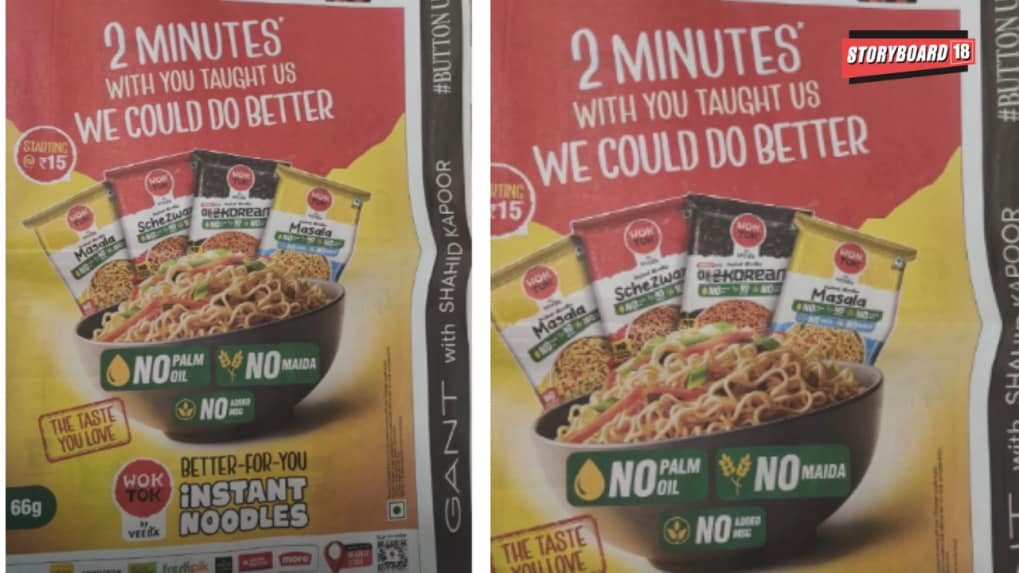Digital
Why OpenAI is hiring 100 ex-bankers: Inside the ChatGPT-maker's secret project to automate Wall Street's grunt work

It’s not every day that a brand dares to poke fun at one of India’s most beloved comfort foods. But this week, Veeba’s instant noodle brand, Wok Tok, did exactly that.
The brand’s print ad in Bombay Times and Delhi Times featured a headline that stopped readers mid-scroll. “Two minutes with you taught us we could do better.”
No direct mentions, no yellow packet yet the message was unmistakable. It was a cheeky sign-off to Maggi, the name that practically defines “two-minute noodles” in India.
The campaign reads like a nostalgic farewell, equal parts love note and mic drop. By referencing India’s shared noodle memories, Wok Tok leans on familiarity while promising something fresher. Its core pitch, the same comfort, minus the guilt.
Front and centre are three bold claims - No Palm Oil, No Maida, No Added MSG. Each ingredient called out has been at the centre of long-standing debates about Maggi’s nutritional reputation. It’s a statement that says, we get the craving, but we’re doing it cleaner.
The launch feels timed for an audience that doesn’t just eat, it reads labels. With influencers like Foodpharmer popularising ingredient literacy, brands can’t hide behind nostalgia anymore. Wok Tok seems to know that, positioning itself as the transparent, better-for-you alternative that fits into the modern pantry.
The move also marks Veeba’s steady expansion from sauces and dressings into ready-to-eat snacks. India’s instant noodle market is bubbling at around Rs 16,000 crore ($2 billion) and expected to double in just a few years.
For now, Maggi and Yippee! dominate the space with over 80% market share, while players like Wai Wai, Saffola Oodles, Ching’s Secret, Top Ramen and even Korean brands like Samyang fight for shelf space.
It’s not the first time Maggi’s legacy has been challenged, but few have done it with this level of finesse.
In a wide-ranging interview with Storyboard18, Sorrell delivers his frankest assessment yet of how the deal will redefine creativity, media, and talent across markets.